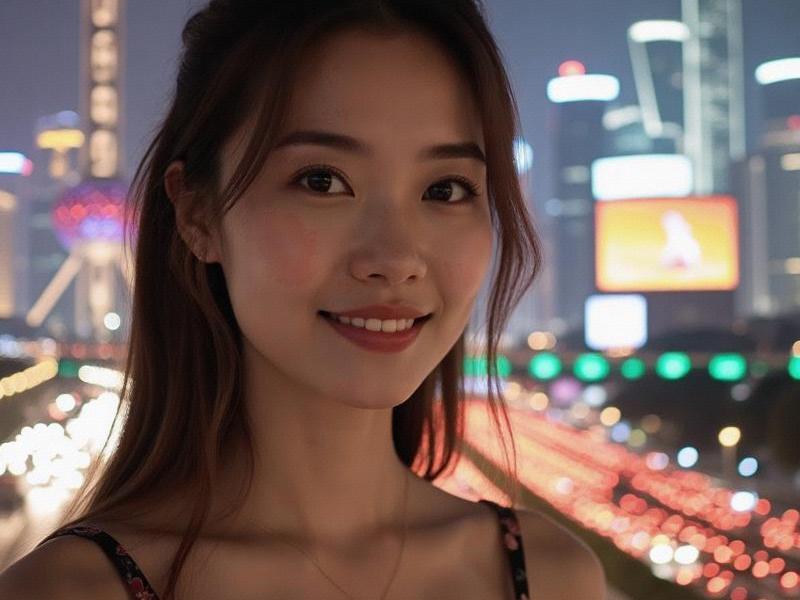This in-depth feature explores how Shanghai's women are crafting a new paradigm of Chinese femininity that blends traditional values with contemporary independence, creating a unique urban female identity.

The morning rush at Jing'an Temple metro station reveals a fascinating cross-section of Shanghai womanhood - tech executives in tailored qipao-inspired dresses scrolling through stock updates, art students with pastel-colored hair discussing gallery openings, and grandmothers performing tai chi in designer sneakers. This vibrant tableau represents how Shanghai has become China's laboratory for redefining what it means to be a modern Chinese woman.
Current sociological data illustrates this transformation:
- 68% of Shanghai women aged 25-40 hold university degrees (compared to 51% nationally)
- Female-led startups account for 39% of Shanghai's new businesses in 2024
- The city's divorce rate initiated by women has increased by 27% since 2020, signaling changing attitudes
上海龙凤419自荐 "Shanghai women have always been China's avant-garde," explains cultural historian Professor Li Wen. "What's new is how they're synthesizing Eastern and Western femininities into something distinctly Shanghainese."
Four dimensions of Shanghai's feminine revolution:
1. The Aesthetic Alchemists:
From the minimalist "Jing'an chic" favored by finance professionals to the bold "Puxi punk" of creative circles, Shanghai's women have moved beyond copying foreign trends to exporting their own styles. Local beauty brands like Chéngmào now compete with international luxury labels.
上海品茶网
2. Career Architects:
Women occupy 43% of senior management positions in Shanghai-based companies. Pioneers like robotics engineer Zhang Yixing prove technical fields are no longer male preserves. "My grandmother bound her feet; I program robots," Zhang quips.
3. Relationship Pioneers:
The traditional "leftover women" stigma has been replaced by what sociologists call "selective singleness." Matchmaking agencies report 62% of female clients now prioritize compatibility over financial security.
上海娱乐联盟
4. Cultural Custodians:
Young women are revitalizing traditional crafts through modern enterprises. The successful Qīngtíng Embroidery Studio transforms ancient techniques into contemporary fashion, employing exclusively female artisans.
Yet contradictions persist. While Shanghai leads in gender equality, women still face pressure to conform to beauty standards - the city accounts for 38% of China's cosmetic surgery procedures. The emerging "natural beauty" movement, championed by influencers like Fiona Wang, pushes back against these pressures.
As sunset paints the Huangpu River gold, Shanghai's women continue their daily ballet of ambition and self-expression. In this city of perpetual reinvention, they're not just keeping pace with change - they're writing its next chapter.